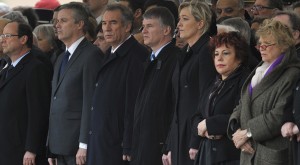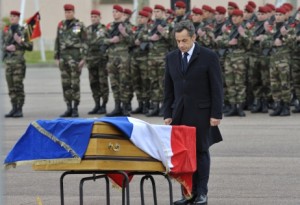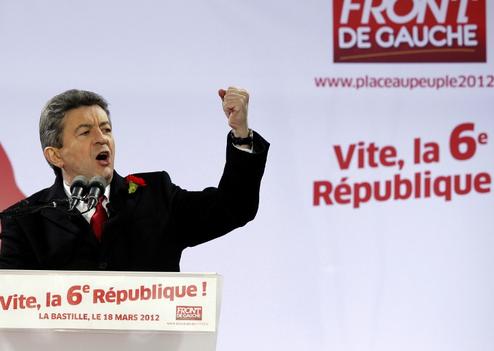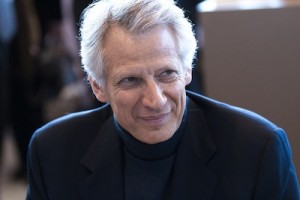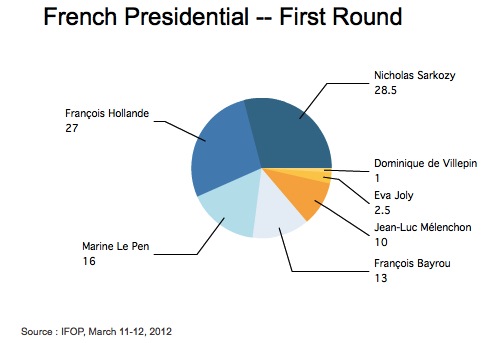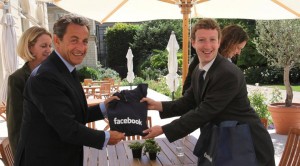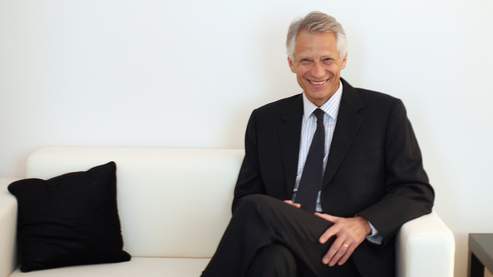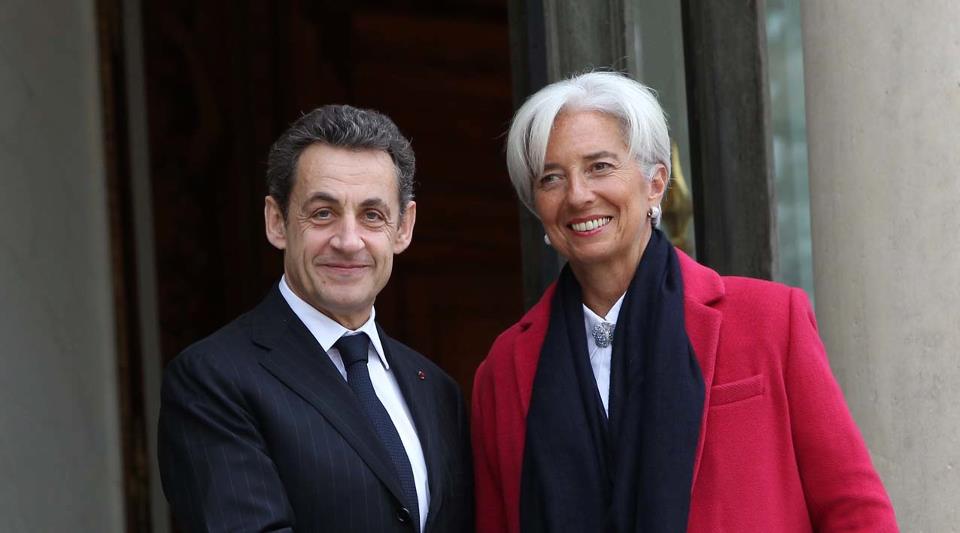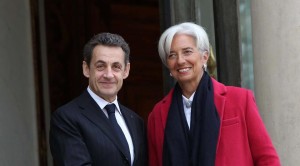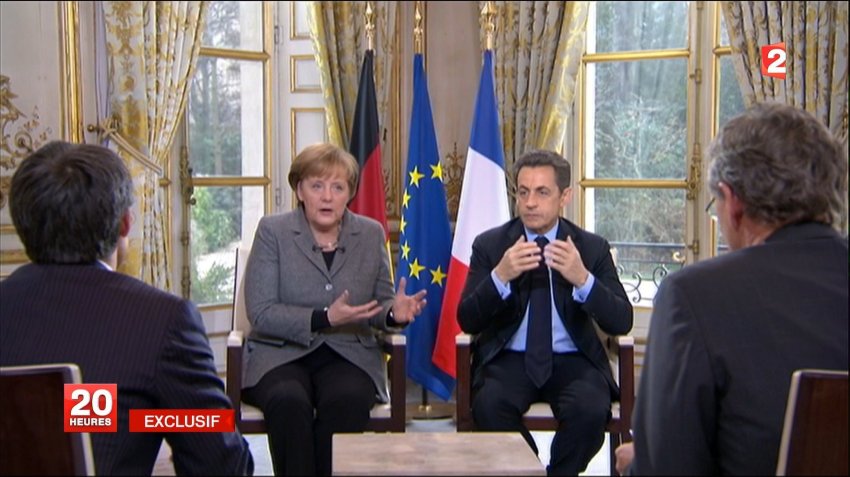The tragic killing of four people outside a Jewish school in Toulouse on Monday by Mohamed Merah, a gunman of Algerian origin, who may also have murdered three Muslim soldiers elsewhere in southern France, and who has ties to Afghanistan, has become a powder keg pivot point in the French presidential election.![]()
With so much of a focus on immigration by both incumbent Nicolas Sarkozy and Front national candidate Marine Le Pen — the campaign just a couple of weeks ago went a round on the threat of halal meat in France — it is not difficult to see how this story could galvanize the campaign in the days ahead in a way that could challenge the calmer, more pro-immigration voices of frontrunner François Hollande of the Parti socialiste.
The shocking event provides both Hollande and Sarkozy a crisis of the first order to demonstrate their particular styles of presidential leadership.
For now, a quick rundown of the responses so far: Continue reading French shooting upends presidential campaign
